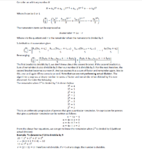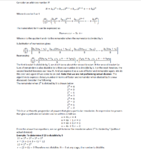maie
Newbie level 5
so today my professor gave us a challenge, and whoever gets it right will recive 15 points in the finals.
the challenge is to build a state machine, which recives an endless 0 and 1, in random order, for example-
01011
and everytime the number can be divided by 5, the output (z) will be 1.
for example, for the input (x) above-
0 - can be divided, z=1.
01 - cant, z=0.
010... and so on.
any ideas?
the challenge is to build a state machine, which recives an endless 0 and 1, in random order, for example-
01011
and everytime the number can be divided by 5, the output (z) will be 1.
for example, for the input (x) above-
0 - can be divided, z=1.
01 - cant, z=0.
010... and so on.
any ideas?

